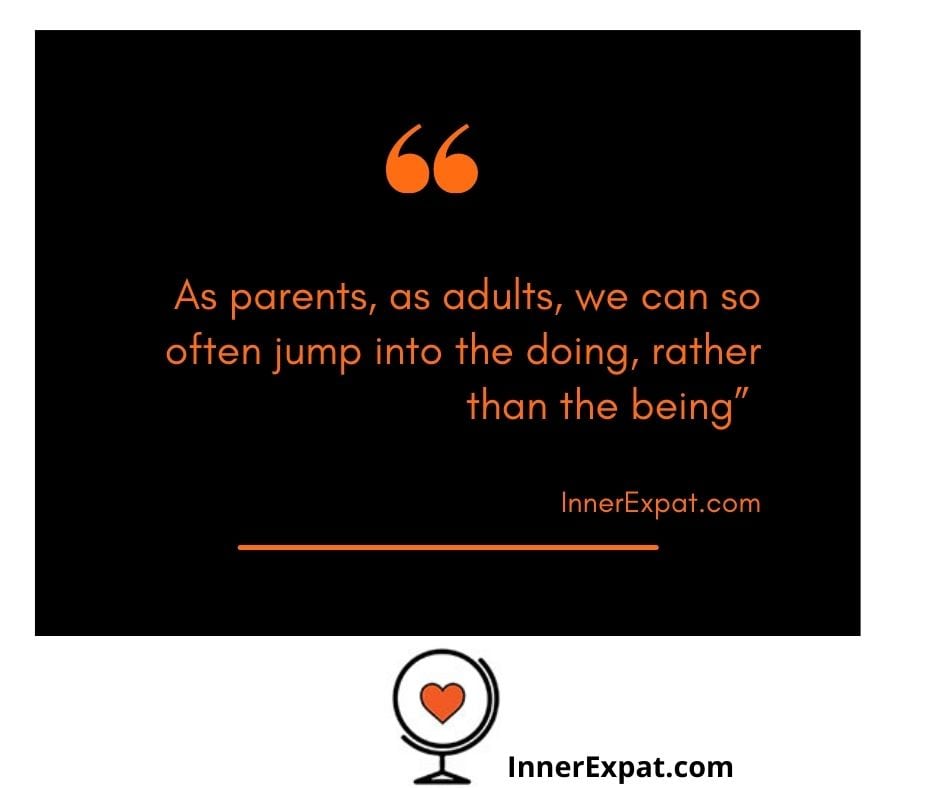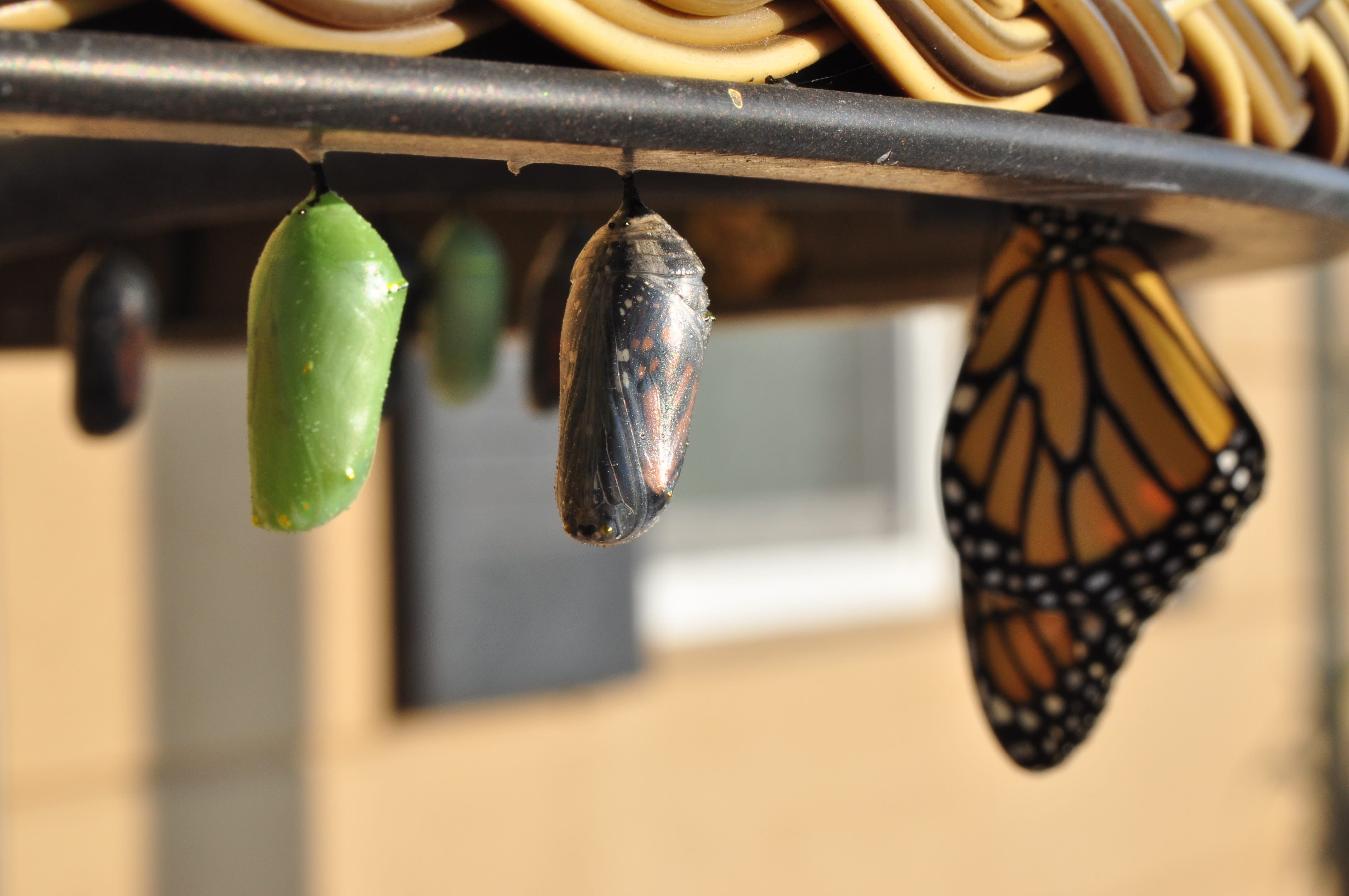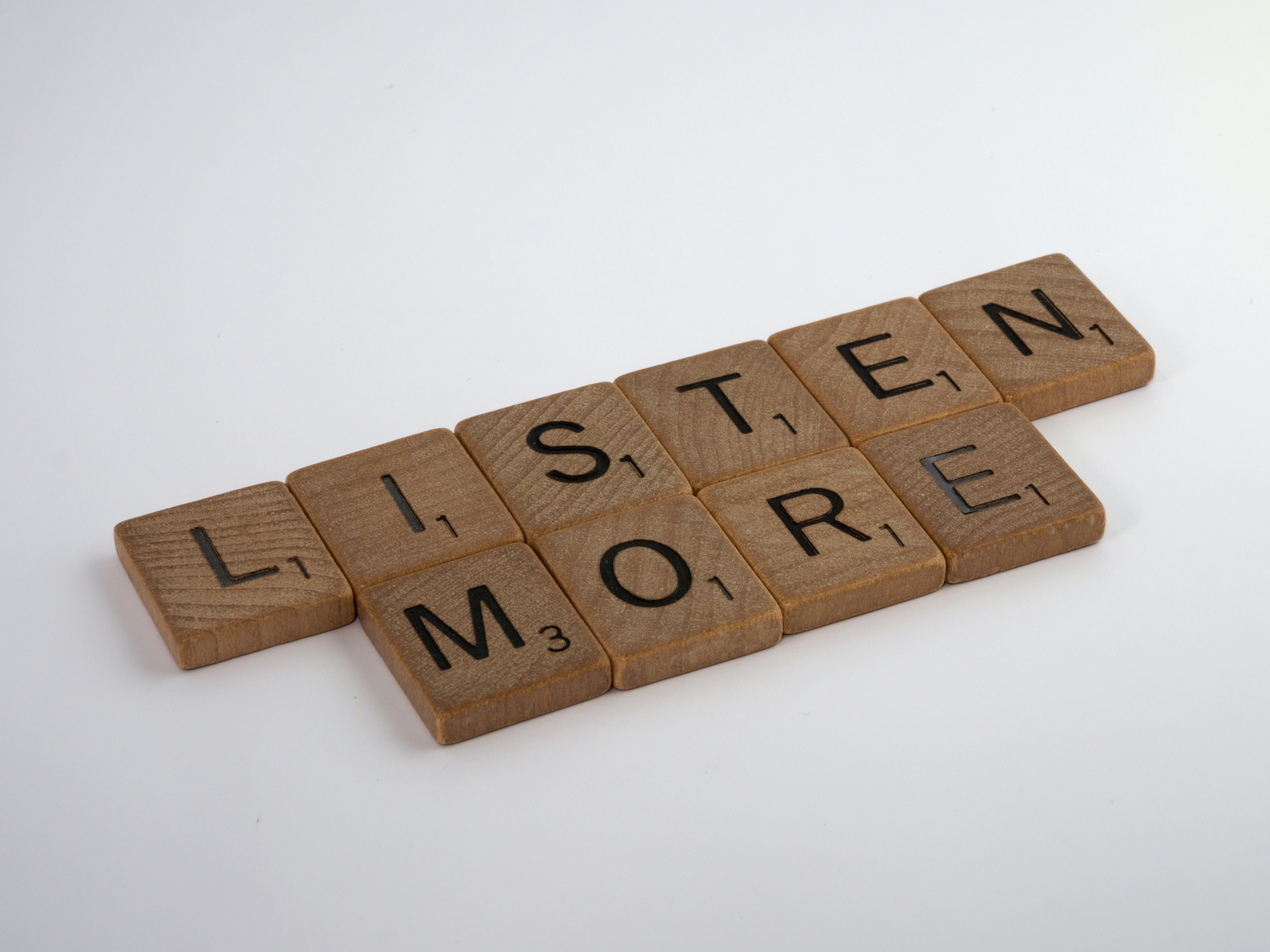4 tips to help with transitions for children
Being a parent we have to deal with 101, sometimes 1001 transitions a day with our children. Whether it is getting them up and to school or childcare in the morning, moving them from technology to the dinner table or the bedtime routine to name just a few. These all require a lot of patience and sometimes planning to deal with plus some awareness around our stress points on a day to day basis.

But, how about the bigger transitions? The moving house, starting or change of school, a new baby on the way, moving country, family separation or divorce, illness. How do we deal with those big changes in life?
Having moved country or abroad with our children twice from Australia to Costa Rica and more recently to Spain and having travelled around the world with them for 6 months we have had quite a lot of experience of managing this change process. That makes it sound neat and tidy, which it not always has been! There is a lot to think about as an adult, let alone for a child. The house packing, the finding of a new school, learning a new language, paperwork, finding a new home, organising goodbyes, lots of logistics and planning. Certainly being an adult there are so many things to consider, and that is before you even add in children to the mix, or our own emotional needs.
Whilst the kids don’t necessarily need to get caught up in the day to day planning and organisation, they obviously need to know what is happening (depending on their age and your situation). It is important to have regular chats with them to explain roughly what is happening and involve them as much as you feel is necessary, whilst also protecting them from the stress and big stuff (sometimes easier said than done – I know).
Having been through the process (particularly without any family support locally) we have learnt a lot plus come across lots of helpful resources (see below). This has led to the following anachronym when helping both us and our kids dealing with the big transitions or changes in life.
Wait for it. It is called L.E.G.S.
L.E.G.S to move through the process and with these L.E.G.S. hopefully we can make our physical legs (and our mind) move more easily too (pardon the terrible attempt at a joke!)

Four practical tips for transitions or change:
The 4 most important aspects of successfully handling family transitions for us include:
- Listen
- Emphasize & Normalise
- Guidance
- Support
To hear more about these and some other helpful tips, please watch my video interview with Estie Allesandri from Healthy Family and Me which talked all about good mom (excuse the North American spelling) and specifically dealing with transitions for children.
As explained in the interview (which also has some more practical examples) the L.E.G.S. anachronym can be explained as follows:
Listen
It is so important before we start anything that we listen to ourselves and how we are feeling. As parents, as adults, we can so often jump into the doing, rather than the being. Sitting with how we feel about a move, a stressful situation, whatever, gives us the opportunity to connect to ourselves and what we need – first. This can avoid us then however inadvertently projecting our own fears, stress, worries, whatever, on our kids and the rest of the family. I have found doing things like sitting still for 15 minutes a day, journaling (maybe writing specifically about the situation and how you feel), walking in nature, meditation, yoga, listening to music can all help to get in touch with our feelings and connect with inner thoughts and feelings.
Only when we have listened to ourselves are we really ready to listen to others.

Then we can talk to our kids about how they feel and give them free rein to tell us whatever they think or feel about the change or transition. We just listen, nothing else. Some kids might find it easier to write down their feelings or put them on a piece of paper in a jar to explain how they feel about a certain situation or change and you can read them together. Allow them to express whatever is going on for them is so important without us having to say anything – no trying to fix, to explain, to contradict, nothing. If we jump to do that we can often stop our kids from truly expressing themselves which can lead to a shut down of emotions and many issues for now and the future. It is now widely agreed that many mental health issues including depression and anxiety can come as a result of non-expressed emotions – they all need an outlet or outlets.
When they feel fully heard then we can reflect back to them the key things we have heard so they feel fully validated. It doesn’t mean that we are agreeing with their every word, it just means we have listened. So for example, saying:
“I hear that you are not sure about having a little baby brother or sister and wondering what happens with you then. Is that right?”
or
“In summary it sounds like your main concern is about not seeing your friends very regularly if you do move school and you might feel left out”
Empathise and normalise.
Having really listened to our children we can show them empathy and compassion. That whatever they think or feel is normal, whether it is small or large concern or a hope for the future. Explaining that all feelings are normal and it is good that they are in touch with them and talking to you about it. Reminding them that we are always there for them. Normalising can be so important for kids, especially teens and tweens who are looking to belong for their place, for validation and not to feel isolated in this limbic state.
Guidance and Support.
Then we can talk about some ideas on how to guide them through their fears or hopes. Brainstorming some simple practical suggestions (again depending on their age) to explore options to get through the transition. This could be one or a combination of things – whether it is arranging for a farewell party with old friends, planning in regular skype catch ups in the new location, finding a book or articles that could help you both and/or speaking with a professional to help with some bigger emotional issues. Again there are many options, but breaking down the key points and problem solving together is important – you are a team and there to fully support them.
There you have it L.E.G.S. (strictly speaking it is LENGS I know, but that doesn’t sound as good!)
Do watch the full good mom interview to get more practical ideas and tips.

Practical for day to day or big changes
This process is not a one-off it might have to take place many times through a big transition and can also be used in a more compact way for day to day transitions too.
We have found by really listening and connecting with our kids it has helped create a stronger foundation for our family for when the transitions do come along. I also believe it has enabled our children to on the whole be more resilient when dealing with change whether large or small.
Helpful Parenting Resources
I also mentioned in the video two parenting experts who have really been useful to our family:
Dr Gordon Neufeld – his book with Dr Gabor Mate, ‘Hold Onto Your Kids’ or check out many useful articles in Dr Neufeld’s website that help show dealing with emotions are at the core of parenting. They also run many fantastic courses online, all available on the website.
Dr Laura Markham – her book ‘Peaceful Parent, Happy Kids’ along with her website and free weekly newsletter, that you can subscribe to with loads of practical tips for kids of all ages – on her site: Aha Parenting.

So, what have you found has helped you with some of the bigger transitions in life? Do you have any resources or parenting experts that you have found particularly helpful? Please let me know in the comments below.
Images: Leaves: Chris Lawton, Listen: Brett Jordan, journal: fotografierende, Butterfly: Suzanne D. Williams




Great LEGS Emma 🙂 It’s such a powerful tool to help us manage transitions with our kids. And the reminder to sometimes just take the time and really listen is solid advice. Thanks for sharing.
Thanks for the feedback Estie and the opportunity to be part of the interview series 🙂
I read your post. It is very informative and helpful to me. I admire the message valuable information you provided in your article.
power bi certification
Thank you for posting, I appreciate your feedback!